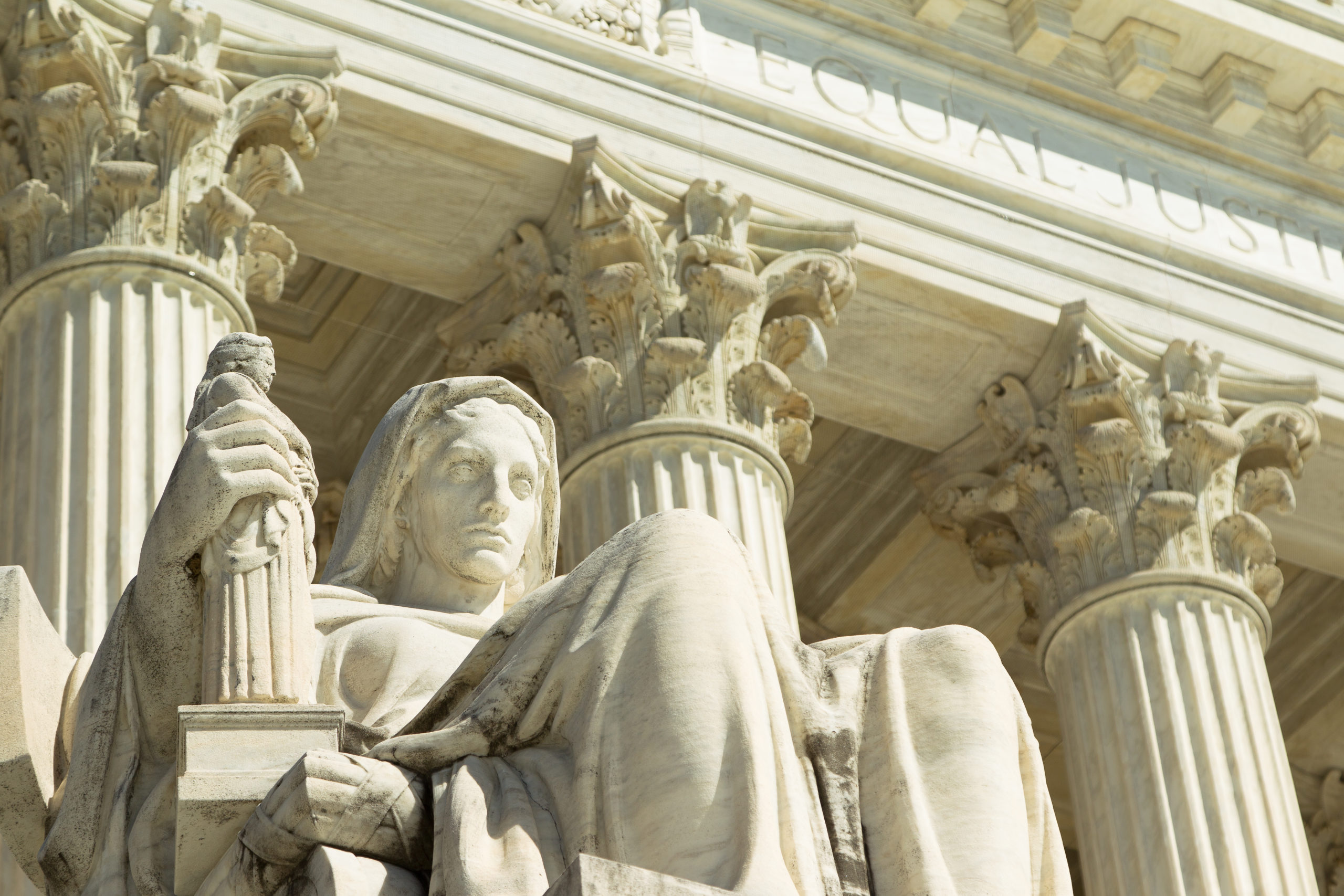With the third Supreme Court ruling on the Affordable Care Act (ACA) soon to be announced, let’s see what they have already decided. Then, through four maps, we can look at the current case, King v. Burwell.
The Past: Affordable Care Act Decisions
First the Supreme Court told us, “Yes,” we have to have health insurance or pay a penalty. Then they decided, “No,” firms defined as “closely held corporations” with religious objections need not provide women with pregnancy-preventive healthcare coverage.
Now a third ruling will soon be announced.
The Future: King v. Burwell
Stated simply, the job of the Court in this case is to decide whether one provision of the Affordable Care Act has been implemented accurately. That provision relates to tax credits (also called subsidies) that low and middle income individuals receive to make their insurance payments affordable.
Currently, each of the 34 states that refused to create an insurance marketplace has one that is federally run. The law’s challengers say that to provide tax credits, a state had to run the marketplace in which the insurance was sold, not the federal government. They use four words from the law to prove their position: “established by the state.” However, the federal government says just using those four words would be inaccurate because the ACA’s overall intent was to make health insurance universally affordable.
If the Supreme Court says tax credits in states with federal marketplaces are unlawful, every blue state (below) would be directly affected.
The States Directly Affected by King v. Burwell

But Texas (832,334), Florida (1,324,516) and North Carolina (458,738) account for the most people who will be touched by the Court’s decision.
The Number of People Directly Affected by King v.Burwell

In terms of entitlement spending, you can see the tax credit dollars that are at stake. Here again we are talking about the largest commitment in Texas ($205,586,498), Florida ($389,407,704) and North Carolina ($144,961,208).
Tax Credit Dollars Affected by King v. Burwell

Individually, we can see the human side of the tax credit subsidies. In Texas, the average amount received by each enrollee is $247 while in Wyoming, the average is $425.
Average Monthly Tax Credit Received By Qualified Individuals

So, while we can hypothesize the impact of a Court decision on the federal budget, on taxes, on the cost of insurance, no one is sure. We do know though the tax credits and the states that a decision will directly impact.
A Post Script: Released on June 25th, the King v. Burwell decision preserved the subsidies in federally run health insurance marketplaces.
Our Bottom Line: Entitlement Spending
While tax credits do not directly change the entitlement dollars section of the federal spending pie, I thought it could come in handy to know that entitlement spending occupies more than a 50 percent slice of the federal budget.







